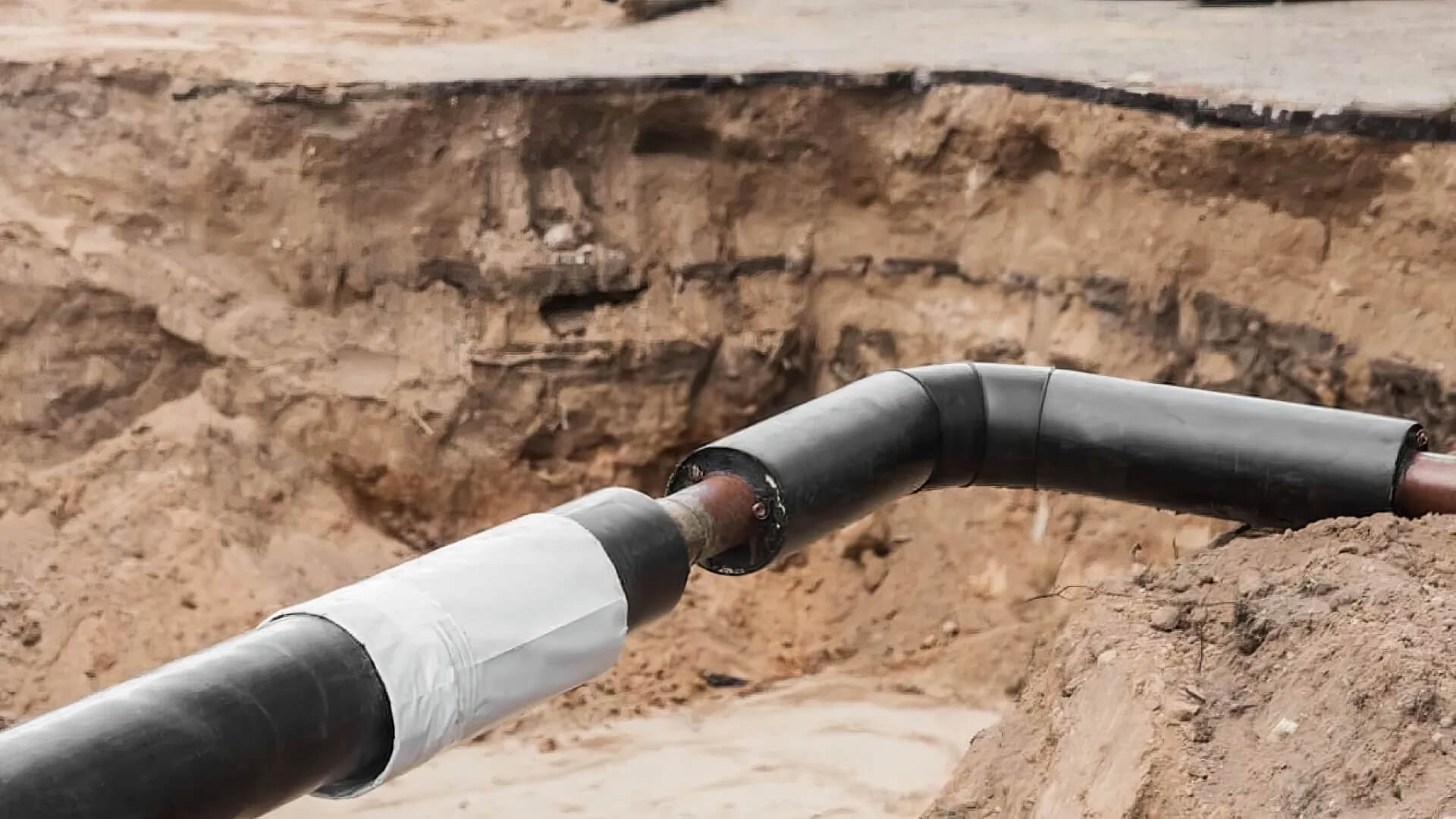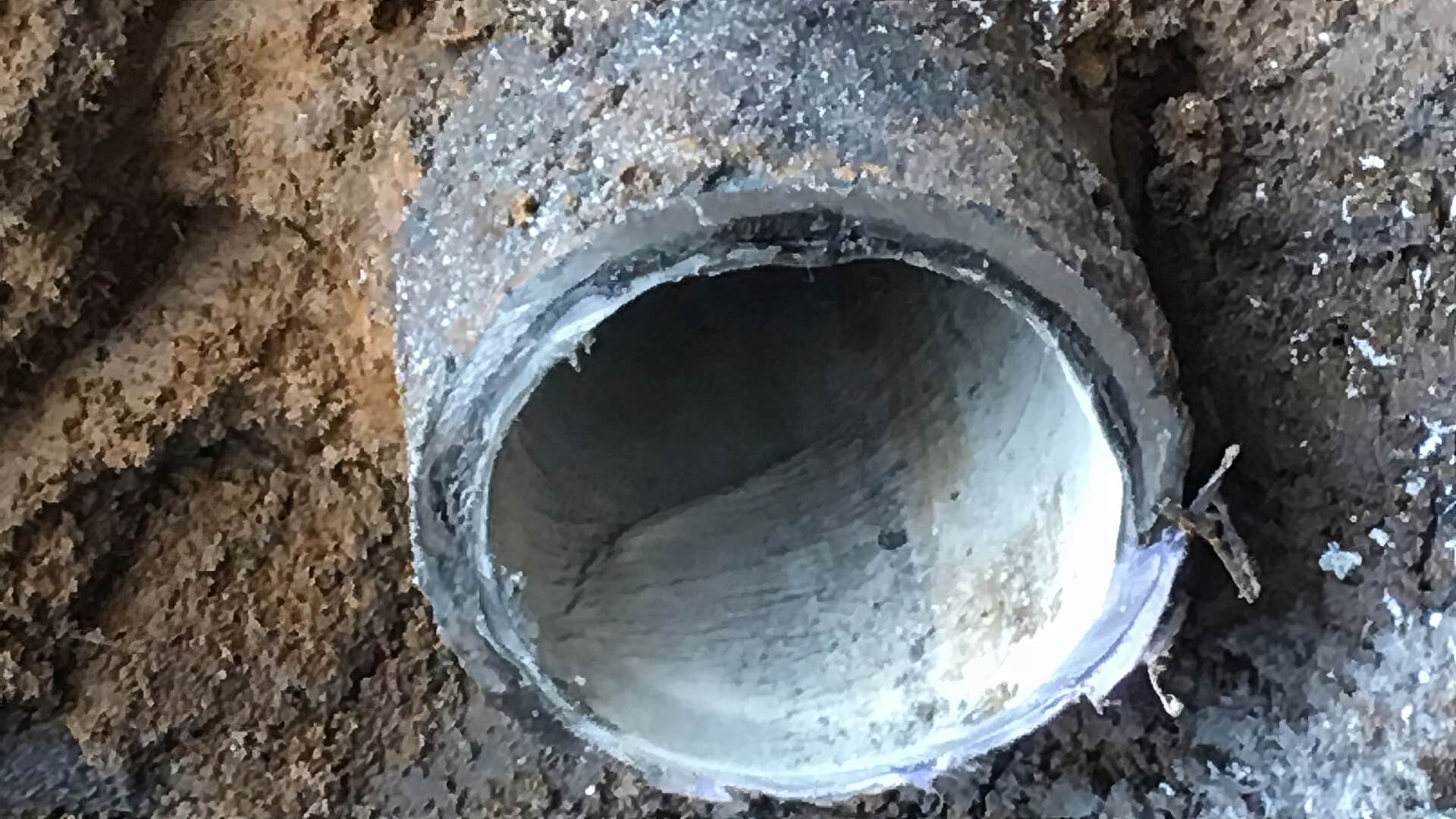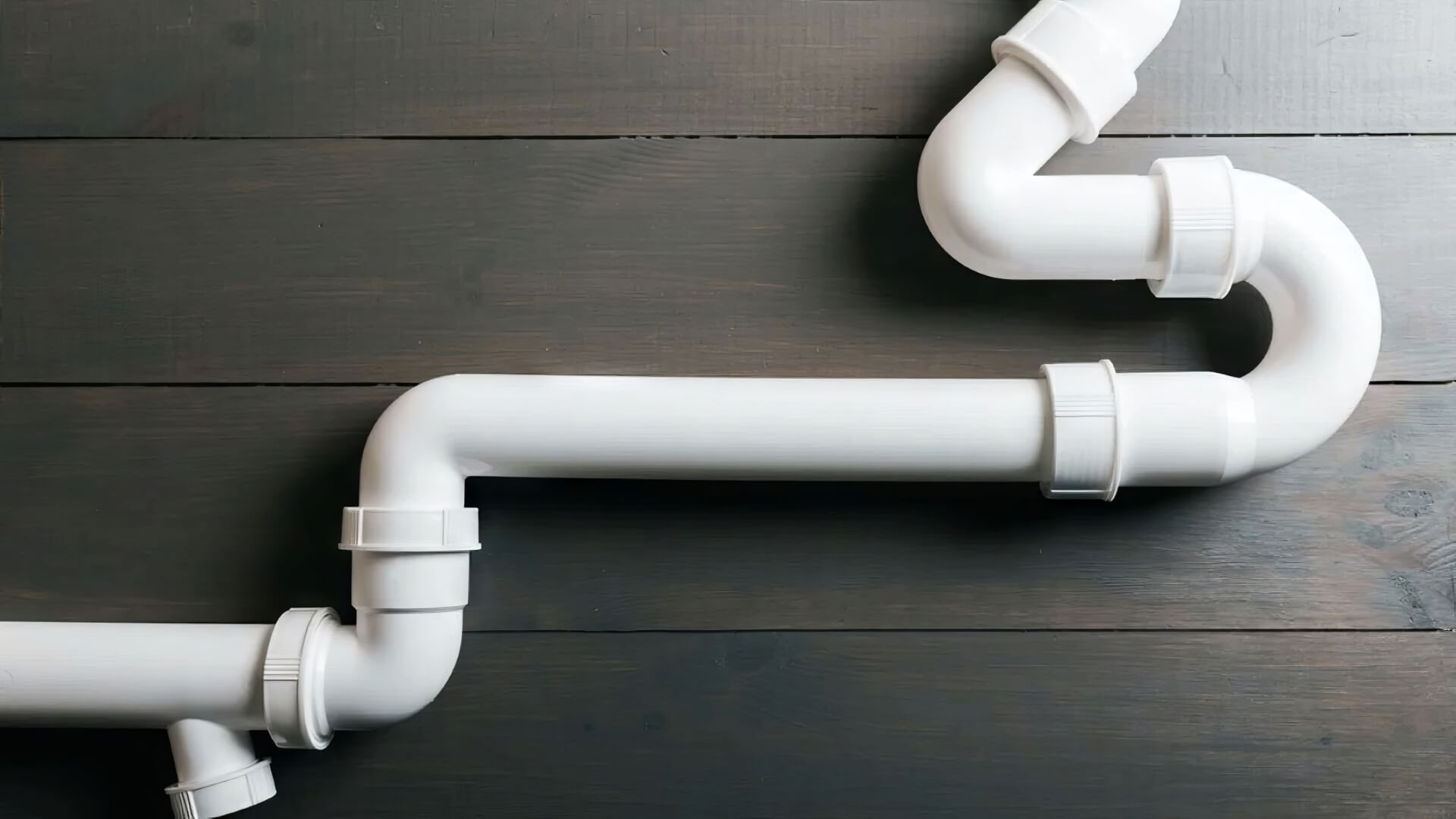Introduction to chemical drain cleaners
Liquid drain cleaners are formulated to tackle clogged drains. They typically include caustic substances like sodium hydroxide or sulfuric acid, which can dissolve clogs caused by grease, hair, and various obstructions. These products are commonly used for quick fixes to minor toilet or sink blockages.
Although drain cleaners offer quick relief, improper use can damage plumbing and pose health risks. This article delves into the reasons why chemical drain cleaners may pose potential hazards, alongside safer alternatives for clog resolution, signals that warrant professional drain cleaning, and proactive drain maintenance techniques to forestall future plumbing woes.
Hazardous ingredients in drain cleaners
Chemical-based drain cleaners contain hazardous substances like sulfuric acid, sodium hydroxide (lye), calcium hypochlorite (bleach), and muriatic acid. These substances can burn skin, eyes, lungs if inhaled, and internally if swallowed. Some key risks include:
- Sulfuric acid: Highly corrosive, can harm both skin eyes on contact
- Sodium hydroxide: Also called lye caustic soda; causes dangerous chemical reactions that burn tissues and release toxic fumes
- Calcium hypochlorite: The active ingredient in bleach, irritates respiratory system
- Muriatic acid: Another name for hydrochloric acid which destroys skin/tissues
Failing to be cautious when using chemical drain cleaners can turn them into a significant risk for severe injuries. Inhaled at high concentrations or over time, fumes from these cleaners pose risks to everyone, including children and pets. Concerningly, these powerful cleaners are readily available in household drain cleaning products at hardware stores, unrestricted.
Health risks of chemical drain cleaners
Significant health hazards arise when using chemical drain cleaners incorrectly. Their corrosive ingredients can cause damage to your skin, eyes, lungs if fumes are inhaled, or internally if swallowed. Symptoms may include:
- Skin burns, permanent scarring
- Eye irritation, burns, blindness
- Coughing, breathing difficulty from irritated lungs
- Throat, stomach burns if ingested
These products, when put down in an enclosed space, can also produce hazardous fumes that cause headaches, dizziness, and nausea if inhaled. Long-term exposure can damage the respiratory system, potentially leading to respiratory disease. There is a risk of poisoning if the cleaner interacts with other substances, such as bleach or acid.
If accidentally exposed, promptly rinse with water for 15 minutes and seek emergency medical help. Contact poison control if ingested and keep the label of the cleaners when seeking medical advice.
To prevent health issues, carefully follow all label directions and precautions when you use chemical drain cleaning solutions.
One might ask, 'Why should we exercise caution?' It is critical never to combine products that can trigger dangerous reactions or use them around bleach. Use them only in well-ventilated areas and avoid breathing in fumes. Consider enzyme or microbial products instead of using liquid drain cleaners, deemed drain cleaners safe and preferable for use whenever possible.
Environmental impact
Chemical drain cleaners present environmental risks if used improperly. These hazardous chemicals risk contaminating water supplies and degrading soil if spilled or discharged into drains linked to outdoor septic systems.
Specifically, chemical cleaner products have the potential to damage your drain pipes:
- Pollute groundwater - Their chemicals into water can flow into groundwater reserves that feed wells and municipal water supplies.
- Harm aquatic life - If drain cleaner residues reach lakes, rivers or oceans, they can make waters toxic for fish and other marine organisms.
- Damage your septic tank - Septic systems rely on helpful bacteria to break down waste. Drain cleaners can kill these microbes and disrupt proper functioning.
- Contaminate soil - Leaking septic tanks or outdoor drain releases allow corrosive ingredients to soak into and sterilise soil.
That’s why chemical drain cleaners should never be poured down outdoor drains, toilets connected to septic tanks, sinks linked to greywater irrigation systems, or anywhere their contents could eventually migrate into the environment. Make sure to always check your home’s drainage system setup before using these products.
Safer enzyme, microbial, or mechanical drain cleaners can help minimise ecological impacts while effectively clearing clogs and buildup. Our experienced team at Beverley Park Plumbing provides expert drain clearing services with techniques that won’t damage your pipes, tackling tough blockages without harsh chemicals.
Damage to plumbing systems
With repeated use, the corrosive ingredients in chemical cleaners can damage pipes and joints. They can cause much more deterioration of the protective inner linings inside pipes in your plumbing system, making them more vulnerable to leaks or bursting. This damage can escalate with frequent use and potentially lead to significant plumbing problems.
Drain cleaners are effective, but pose risks to both plumbing systems and health. Their sulfuric acid or lye-based formulas break down PVC pipes over repeated exposure. This can lead to cracks, warping, leaks, and costly pipe repairs into your plumbing system.
Copper, cast iron, and lead pipes, while more resistant, can still be impacted. Still, chemical residues sticking inside these pipes can weaken joints and connections. The result may be small leaks in older pipes that are difficult to trace back to drain cleaner damage until it’s too late.
By killing off helpful bacteria inside septic tanks, drain cleaners also cause solids to accumulate faster leading to malfunctions and backups. Outside, they sterilise soil preventing proper wastewater drainage and treatment.
To protect your plumbing, use drain cleaners sparingly and only as a last resort. Avoid using Drano liquid or similar products that can just provide a temporary solution in a septic tank or outdoor drains. Stick to safer mechanical means like plungers or a reliable drain snake for clearing simple clogs first.
Should tree roots or other deep blockages be a concern, don’t hesitate to call professional drain cleaning experts like our technicians who can inspect your pipes for corrosion and recommend replacements before major issues occur.
Alternatives to chemical drain cleaners
Fortunately, there are safer and effective alternatives to chemical drain cleaners that avoid health hazards or damage:
Mechanical unclogging
- Plungers - Create suction/pressure to dislodge clogs
- Drain snakes/augers - Physically grab and pull out debris
- Zip-It drain cleaners - Barbed plastic sticks grab built-up hair/gunk
Hot water
Hot water followed by vinegar and baking soda can dissolve grease and oils in the drain. Slowly pour the vinegar and baking soda solution down the drain, then wait for 30 minutes. Keep drains clear by adopting this safe, natural method on a weekly basis.
Baking soda and vinegar
A baking soda and vinegar mixture can fizz and clear blockages by neutralising clog components.
- To tackle standing water, start by pouring half a cup of baking soda down the drain
- Follow with 1 cup heated white vinegar
- Cover drain and allow to sit 30 minutes
- Flush with hot water
Enzyme cleaners
Enzyme cleaners effectively break down organic blockage materials like grease and hair without harming your pipes. Harmless to pipes, benign to your septic system.
Preventative measures
- Use drain screens to capture hair and debris
- Regularly flush drains with hot water each week
- Avoid pouring fats/oils down your drains or sinks
For stubborn blockages that resist commercial cleaners, contact Beverley Park Plumbing at 1300 349 338. Our techs have the latest snaking equipment to clear a stubborn clog while inspecting your pipes for damage or leaks.
When to call a professional plumber
While chemical drain cleaners can offer a temporary solution, some situations require a professional plumber like Beverley Park Plumbing:
- Recurring clogs or backups - If you find yourself using drain cleaners regularly on your own, there may be an underlying issue that needs proper diagnosis and repair
- Multiple drains affected - Simultaneous clogs in all sinks or toilets indicate a major sewer line obstruction unsuitable for DIY methods
- Outdoor drainage problems - Issues with outdoor drains, sewer pipes, septic tanks, or leach fields require professional equipment like hydrojetters for proper access and cleaning
- Signs of pipe corrosion - Chemical odours, rust marks, or leaks might indicate corrosion, and pipe replacement could be necessary
- Complete clog removal fails - If you’ve tried snaking, plunging, hot water, baking soda mixes, and commercial cleaners with no success, call the pros
Our experienced, licenced plumbers utilise safety gear and high-powered equipment to clear severe clogs, preventing pipe damage. We can also inspect your entire plumbing system for issues and provide reliable drain cleaning maintenance.
For prompt, professional drain cleaning without health or environmental risks, call Beverley Park Plumbing on 1300 349 338 today.
Conclusion
Although chemical drain cleaners can offer a swift solution for blockages, incorrect use harbours substantial risks to health, the environment, and plumbing systems. Their corrosive ingredients like sulfuric acid, lye, and bleach can cause burns to skin and tissues, irritate lungs, contaminate water supplies, kill helpful bacteria, and damage pipes over time.
Safer and natural drain solutions exist, such as using mechanical drain snakes, boiling water, enzyme cleaners, and baking soda mixtures to clear out all drain blockages. To prevent clogs, install drain screens, refrain from disposing of fats and oils down the drain, and consistently flush your pipes.
For severe or recurring blockages, trust the drain cleaning experts at Beverley Park Plumbing to clear drains safely. Our technicians use advanced tools and their expertise to diagnose and resolve issues, inspect plumbing systems, and prevent future clogs. Contact us today on 1300 349 338 for prompt assistance.






